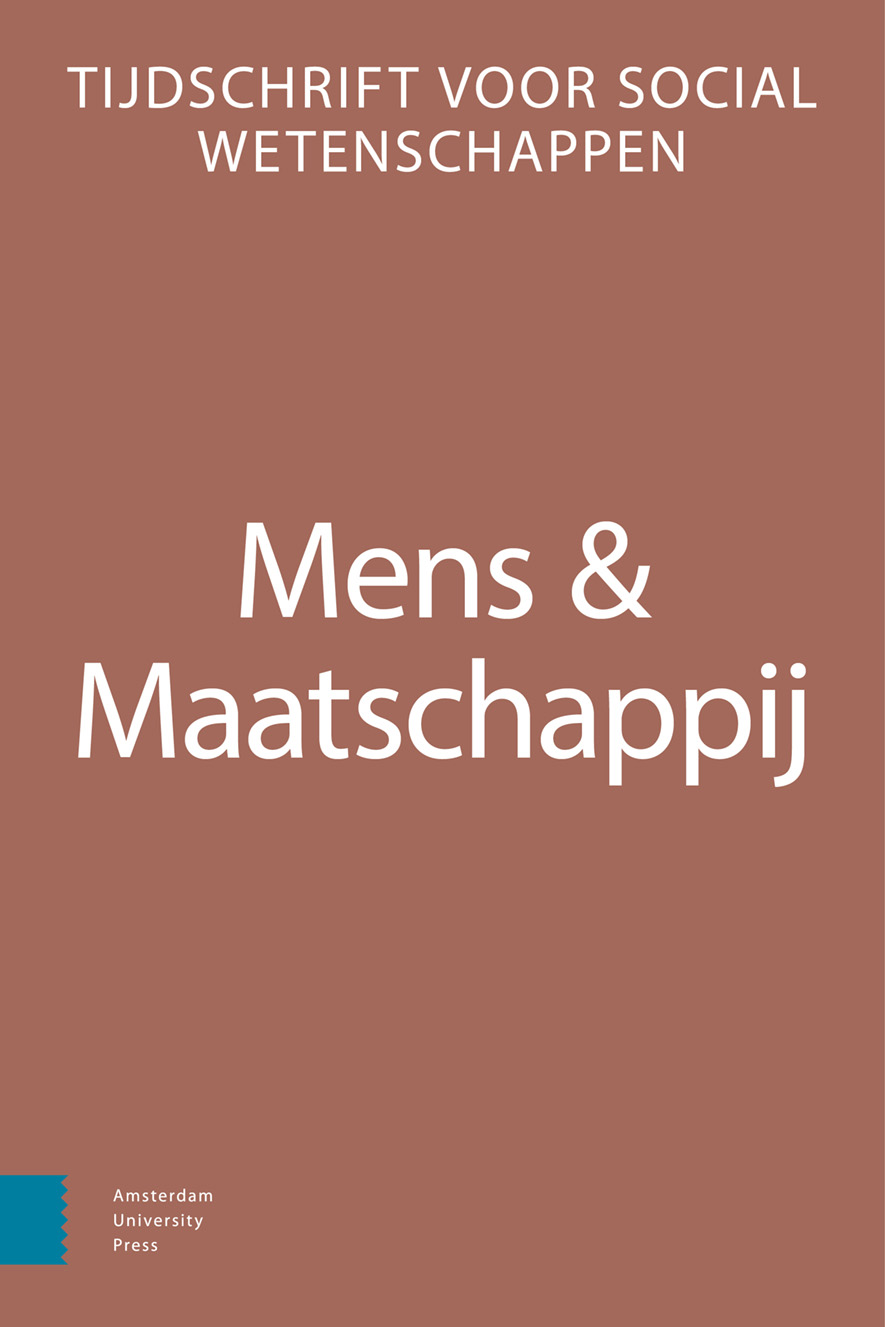-
oa Cultureel startkapitaal, een blijvend voordeel?
Een onderzoek naar de invloed van cultureel kapitaal op beroepsstatus*
*Dit artikel is gebaseerd op de bachelor scriptie die Mirthe van der Drift en Floor Veerman schreven voor de opleiding Sociologie aan de Universiteit Utrecht. We danken Pascale Zandvliet voor haar waardevolle commentaar.
- Amsterdam University Press
- Source: Mens & Maatschappij, Volume 92, Issue 2, Jun 2017, p. 125 - 152
-
- 01 Jun 2017
Abstract
Initial cultural capital, an enduring advantage? A study of the effect of cultural capital on occupational status
This article investigates how cultural capital influences occupational status, and the role of education therein. From the cultural reproduction theory, we derive hypotheses expecting a direct positive effect from cultural capital on occupational status, and an indirect effect through education. Drawing on the cultural mobility theory, we hypothesize that the direct effect decreases with the level of education. Using data from the Longitudinal Internet Studies of the Social Sciences, we find partial support for the cultural reproduction theory implying that cultural capital is supporting inequality in the educational system but not in the occupational field. There is no support for our hypothesis based on the cultural mobility theory, as we do not find robust effect from education on the relation between cultural capital and occupational status.


